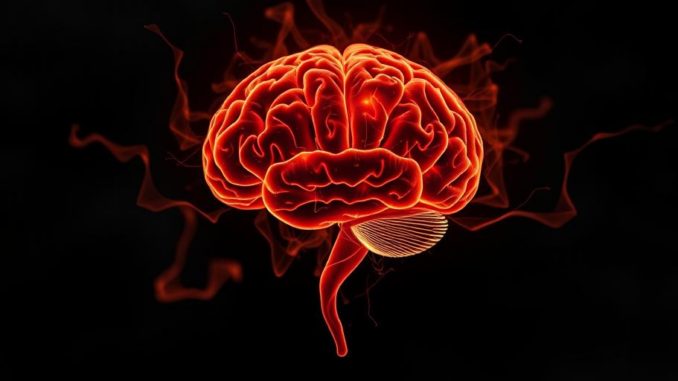
Summary
This article explores the effects of alcohol on the brain and body, ranging from the initial effects on dopamine levels and coordination to long-term risks like Wernicke-Korsakoff syndrome and liver disease. It also examines the heightened vulnerability of adolescent brains to alcohol’s negative impacts. Finally, the article concludes with advice for safe alcohol consumption practices.
** Main Story**
Okay, let’s talk about alcohol and what it does to our brains and bodies. It’s pretty much everywhere in our society, whether we’re talking about social events or just winding down after a long day, so it’s important to really understand how it impacts us. Knowing this helps you make smarter choices about drinking and, you know, avoid any serious problems down the road.
The Ups and Downs: Short-Term Effects
At first, alcohol can seem like a good time, right? It messes with neurotransmitters, boosting dopamine and giving you that relaxed, happy feeling. You might feel more confident, maybe even a little less inhibited. It’s all sunshine and roses at first. However, as your blood alcohol content – BAC – goes up, things start to change. That initial buzz starts fading fast.
Judgment gets cloudy. You might make decisions you’ll later regret. Coordination goes out the window; suddenly you are all thumbs. And your reaction time? Let’s just say you wouldn’t want to be driving! Slurred speech, blurred vision – you know the drill. At higher BAC levels, things get really dicey. Blackouts are a risk, not remembering the night before, and that’s scary. Even worse, loss of consciousness and alcohol poisoning are real possibilities and can be life-threatening. I once saw a friend end up in the ER after a party and its not a fun experience for anyone involved, that was definitely an eye opener.
The Long Game: Long-Term Consequences
Now, let’s talk about the long haul. Heavy, regular drinking isn’t kind to your body, or your brain. Over time, it messes with the brain’s communication pathways, leading to serious cognitive problems. We’re talking memory problems, trouble focusing, and poor decision-making. Ever tried to solve a complex problem after a few drinks? Good luck with that.
The frontal lobe, that part of your brain that handles executive functions, takes a hit, which in turn, impacts reasoning and social behavior. In severe cases, there is something called Wernicke-Korsakoff syndrome. It’s a nasty brain disorder that causes amnesia and confusion, often due to a thiamine deficiency, and it’s no joke. It’s debilitating.
And it doesn’t stop there! Your cardiovascular system is at risk. Chronic drinking increases the chances of high blood pressure, irregular heartbeat, stroke, and heart disease. Think about that for a second. That nightcap could be setting you up for a world of problems later in life.
Then there’s the liver, which is responsible for processing alcohol. It can develop fatty liver disease, alcoholic hepatitis, and cirrhosis. Not pretty. Oh, and the pancreas can become inflamed, leading to pancreatitis. Add a weakened immune system, making you more prone to infections, and well, it paints a grim picture.
Young Minds: The Adolescent Brain
Here’s something that really concerns me: the adolescent brain. It’s still developing, which makes it super vulnerable to alcohol’s harmful effects. Drinking during this critical period can disrupt brain maturation, which can lead to long-term cognitive and behavioral problems. It’s like throwing a wrench into a delicate machine. That’s why it’s so important to educate young people about the risks and promote responsible drinking, or better yet, no drinking at all until they’re older.
What’s ‘Moderate,’ Anyway?
So, what about moderation? Some studies suggest moderate drinking might not be so bad for some adults, but what exactly does “moderate” mean? Guidelines usually suggest no more than one drink a day for women and two for men. However, everyone’s different. What one person can handle, another can’t. It depends on your weight, your metabolism, even your genetics.
And some people should avoid alcohol altogether like pregnant women, or those with specific health conditions. Always talk to your doctor if you’re not sure.
To stay safe, try pacing yourself. Alternate alcoholic drinks with water. Never drink on an empty stomach. And learn the signs of alcohol poisoning, because recognizing them and getting help immediately can save a life.
Listen, alcohol can be a part of social life, but it’s crucial to be informed and responsible. It’s about understanding the risks, knowing your limits, and prioritizing your health. And if you think you might have a problem with alcohol, don’t hesitate to seek professional help. It’s the best thing you can do for yourself and your future.


Be the first to comment